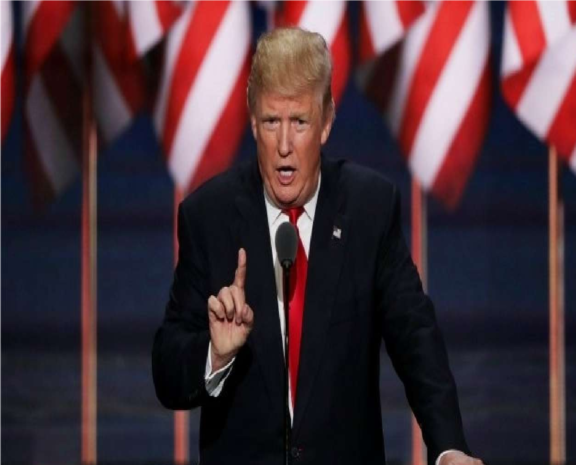
What are the new rules by US to limit H-1B visas to foreign workers?
Team Udayavani, Oct 8, 2020, 11:59 AM IST

The Trump administration issued two new rules that make it harder for US companies to employ people on H-1B non-immigrant visas.
He claimed that the new system would be better for American workers. The Department of Homeland Security announced the new regulations for so-called H-1B visas for highly-skilled workers, which allow up to 85,000 immigrants annually.
It will require US employers to pay high-skilled foreign workers significantly higher wages. The rule also requires foreign workers to have a degree in the “specialty occupation” they apply for. For example, a software developer won’t be awarded the visa if she has a degree in electrical engineering.
The move, with less than a month to go for the US Presidential election, is likely to hurt Indian technology professionals
The new H1-B rules will impact US companies as well as Indian services and staffing firms who often place workers on projects at third-party locations.
Udayavani is now on Telegram. Click here to join our channel and stay updated with the latest news.
Top News

Related Articles More

Night sky stokes human curiosity, gives you permission to dream: Astrophysicist Priyamvada
How Manmohan Singh defended the landmark 1991 Union Budget
Vajpayee@100: Poet-politician whose words had fire and magic

Borewell mishaps indicate gaps in implementation of 2010 SC guidelines

December 21: Everything about the ‘Winter Solstice’
MUST WATCH
Latest Additions

If you play good cricket, you don’t need PR: MS Dhoni

No one can ever stop Taiwan’s reunification with China, says President Xi in his New Year message

Honnavar: Tragic road accident claims three young lives

Mangaluru: Concern over relocation of Srinivas Mallya statue for NH widening

Udupi: Handloom saree exhibition and sale at Rajangana from January 1 to 15
Thanks for visiting Udayavani
You seem to have an Ad Blocker on.
To continue reading, please turn it off or whitelist Udayavani.





















